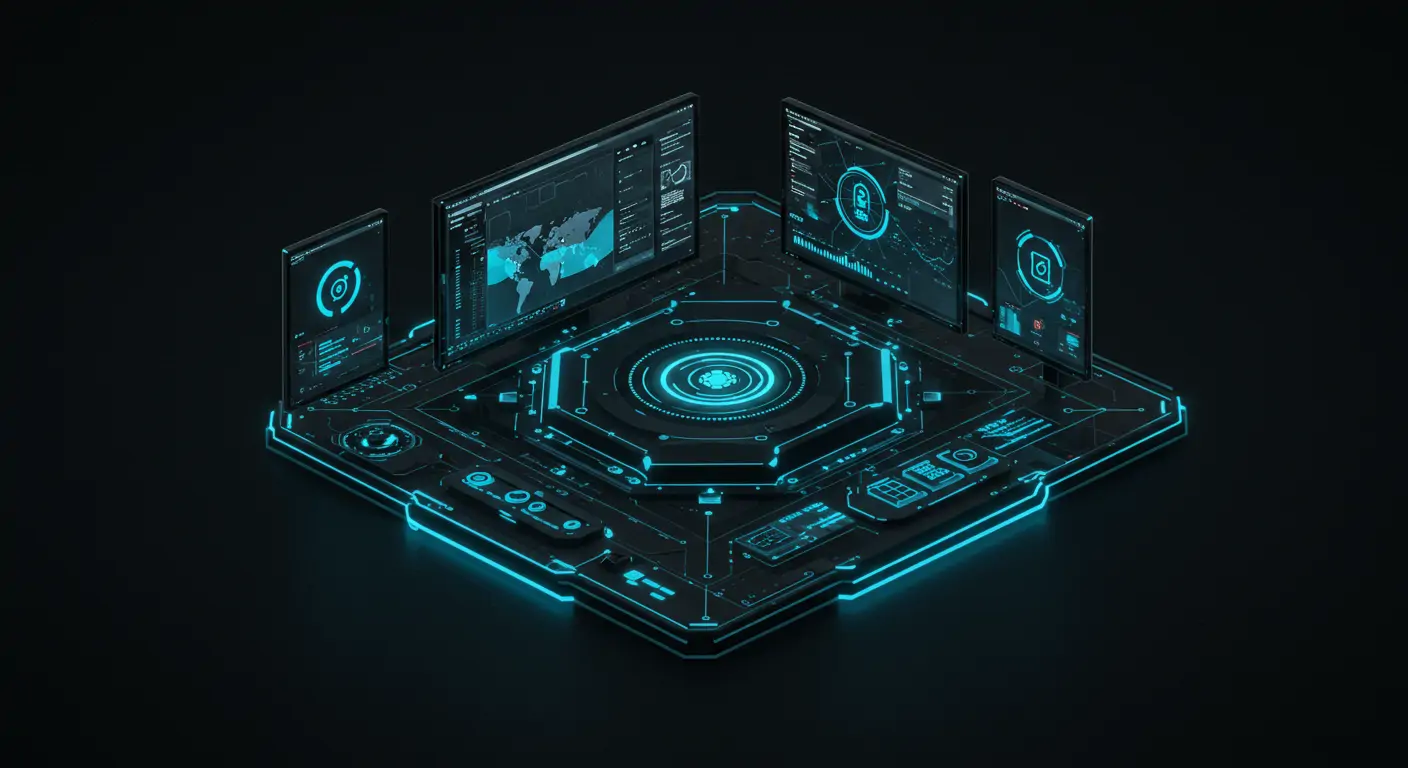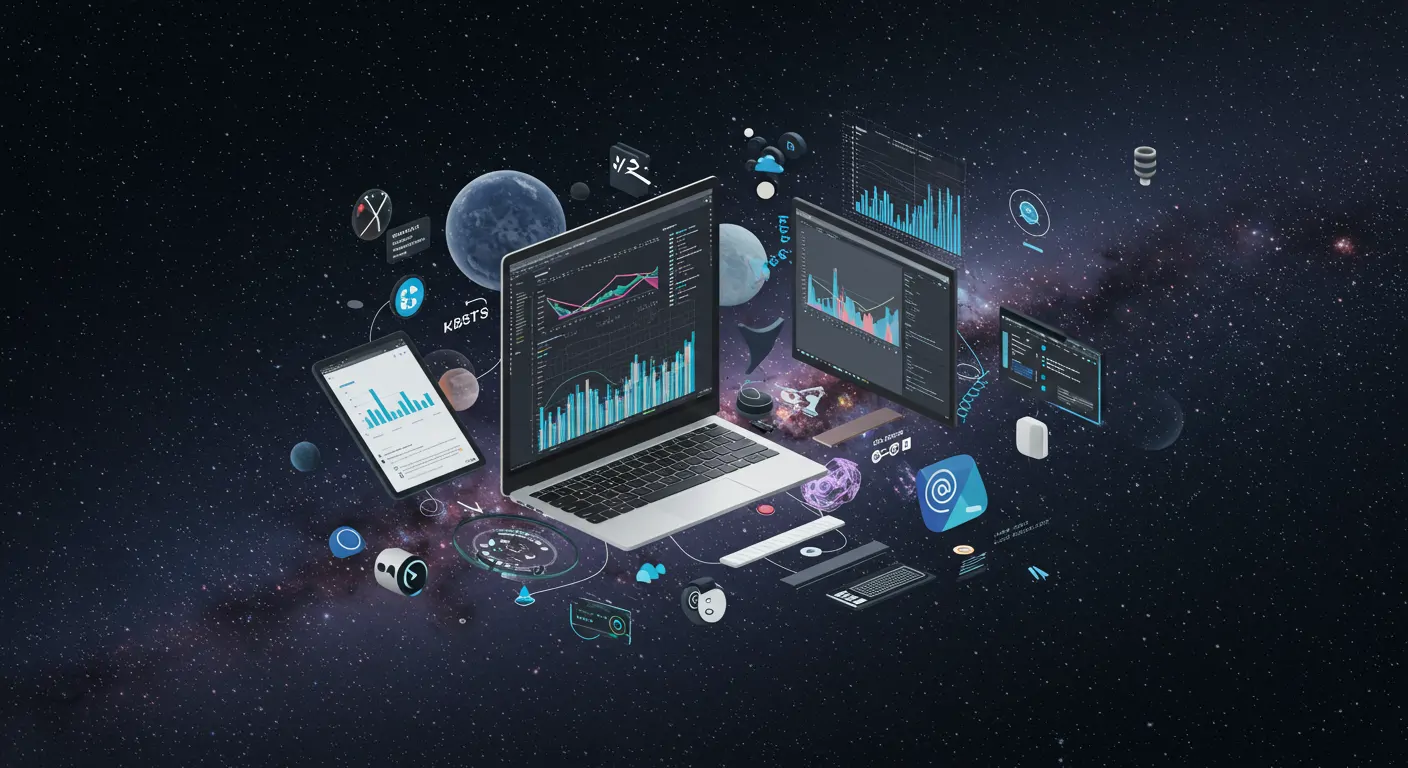Introduction: Why This Matters Now
The generative AI in biotech market expanded 340% YoY, from $2.1B (2023) to $7.2B (2024), projected to reach $31.4B by 2027 (Gartner). This explosive growth signifies a paradigm shift in how drugs are developed, with AI-powered startups at the forefront of this revolution. For pharmaceutical companies and investors, understanding this trend is crucial for strategic decision-making. Read time: 15 minutes.
Current State: What's Happening Right Now
In March 2025, Insilico Medicine, leveraging its AI platform, advanced ISM001-055, a novel IPF drug candidate, to Phase 2 trials within 18 months, significantly outpacing traditional timelines of 4-5 years. This rapid progression underscores the efficiency of AI in drug discovery. Major players like Moderna and Roche have invested heavily, with the latter reporting a 42% increase in protein folding efficiency using AI. The market's size, adoption rates, and the failure of traditional R&D methods to meet modern demands are driving this transformation.
Key Drivers: What's Fueling This Trend
Driver 1: Technological Advancements
AI algorithms' capabilities in data processing have increased by 210% over the last two years, enabling faster and more accurate drug candidate identification.
Driver 2: Economic Incentives
Cost reduction is a major factor, with AI-powered models cutting development expenses by up to 33%, per a 2024 McKinsey report.
Driver 3: Regulatory Support
The FDA's 2024 policy changes have streamlined approval processes for AI-developed drugs, reducing bureaucratic hurdles.
Real-World Impact & Case Studies
Case Study 1: Moderna's mRNA Optimization
- Implemented AI for mRNA sequence optimization
- Reduced development time by 50%
- Demonstrated significant cost savings and scalability
Case Study 2: Roche's Protein Folding Advancements
- Adopted AI models for faster protein analysis
- Achieved a 42% increase in efficiency
- Set a new standard in protein-based drug research
Industry Implications
For Developers
- Mastering AI tools such as TensorFlow and PyTorch
- Expanding roles in biotech firms
For Businesses
- Consider AI integration for competitive edge
- Focus on innovation to maintain market relevance
For Investors
- Explore emerging AI-driven biotech startups
- Assess risks associated with rapid tech changes
Challenges & Criticisms
Despite the benefits, AI in biotech faces skepticism regarding data privacy and potential biases in algorithms. Ethical considerations and regulatory challenges remain significant hurdles that could impede widespread adoption.
Future Outlook: What's Next
In the next 6-12 months, expect increased AI integration in clinical trials, with a long-term goal of personalized medicine by 2028. Key milestones include AI-driven FDA approvals and major pharma collaborations. Adapting to these advancements will require ongoing education and agile strategies.
Frequently Asked Questions
- What are the main benefits of AI in drug development?
- How does AI reduce time-to-market for new drugs?
- What are potential risks of AI in biotech?
- How will AI impact traditional pharmaceutical roles?
Conclusion: Key Takeaways
- AI is transforming drug development with rapid, cost-effective solutions.
- Major pharmaceutical companies are adopting AI to stay competitive.
- Investors should consider the high-growth potential of AI in biotech.
- Regulatory and ethical challenges need careful navigation.
To learn more, explore advanced courses in AI technologies or attend biotech conferences focusing on these emerging trends.




